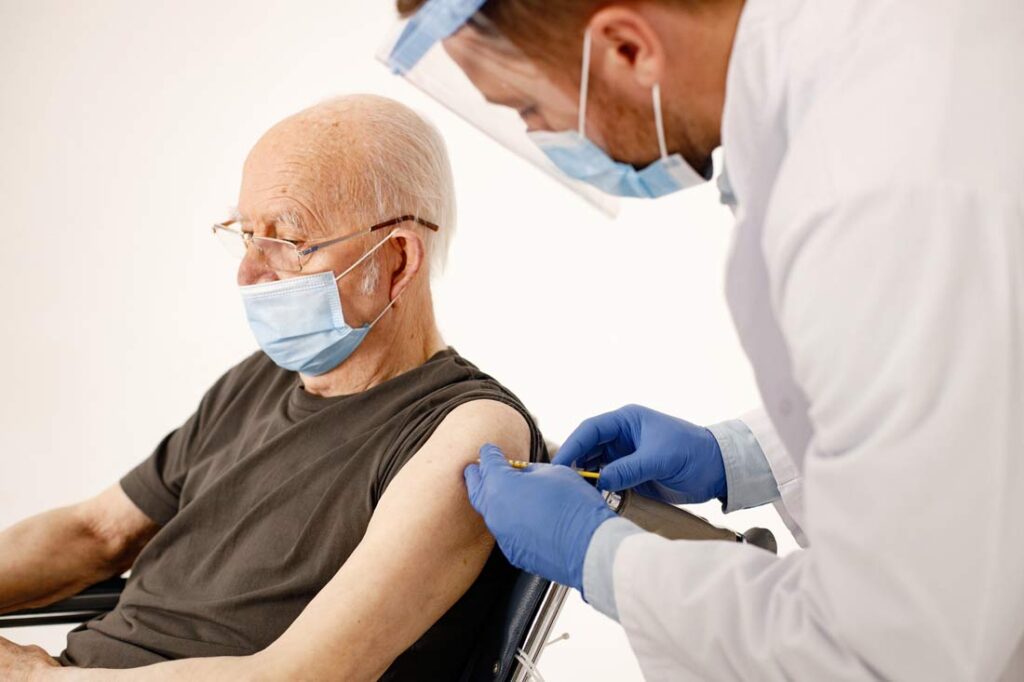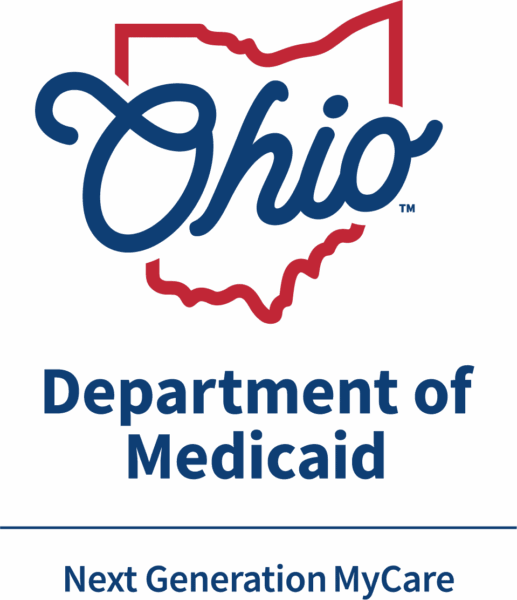
What are advance directives?
An advance directive is a legal document that states how you would like medical decisions made in the event that you can’t do so yourself. You can choose a loved one, a CDS caregiver or someone close to you to oversee your wishes, making sure that everything is executed according to what you want.
Anyone can fill out an advance directive at any time, making it something that you could start thinking about just in case the unexpected happens. In thinking ahead, it helps your family understand what you want and do what they can to assure that your life and medical decisions are fulfilled according to you.
In most cases, an advance directive contains a living will, which will let your loved ones and medical team know how you want your medical treatments and life support to play out in the event that you need either one. Knowing what an advance directive is, who should you choose to see that your wishes are fulfilled?
Who should be given medical power of attorney in an advance directive?
The medical power of attorney that you choose is the person that will go to bat for you. When the time comes, they will be the ones calling the shots and making sure that every last wish you want is fulfilled. For that reason, you should choose wisely, going with someone that will get the job done.
Some key things to consider when choosing your medical power of attorney are:
– Someone willing to work with and stand up to medical professionals when they need to.
– Someone who will take your wishes into consideration and make sure that they are fulfilled.
– Someone who is willing to fight even if others disagree with your decisions. You want them to have you in mind at all times, standing up for what you want.
Many people choose their spouse or their children, though it is not uncommon to choose someone who is not a relative. Good friends are accountable and can also be the ones to oversee your medical treatments and decisions.
Choosing someone that you know and love to oversee that your medical wishes are fulfilled is just one part of the process. You will also need to confirm that the person you choose is willing to act as your medical power of attorney and that they understand what you want. Discuss your wishes and get on the same page so that, when the time comes, they are there and understand what their role is and how they can start. During your conversation, it’s good to know why advance directives are so important, which is what we’ll cover next.

Why are advance directives so important?
Advance directives are an important part of health care for a few reasons. One of the main reasons is that it provides individuals with a sense of security. No one knows when something can happen, as things can change from one day to the next. By filing an advance directive, you’re letting your family know what you want and allowing them to fulfill your wishes.
Not only does it help your family but it also helps your medical team, as they keep your wishes in mind. If something serious happens, your medical doctors will likely consult with your family, letting them know what you want and how they can plan on the best medical treatment for you that will fulfill your wishes.
Many times, when an unexpected event happens and a person’s life is at risk, family is left to put the pieces together and scramble to get things done the way they think they should. This could lead to fights as one person disagrees with another and causes a big mess instead of bringing everyone together. Don’t let that happen and consider all the key points to filling out an advance directive.
Other points to know about advance directives
Apart from understanding what an advance directive is, there are a few other key points that you should know. Having these in mind will help you get your advance directive complete and know what to expect when you’re ready. Key things to know about advance directives include:
They vary by state
All states regulate their advance directives differently. It’s for that reason why, when preparing an advance directive, it’s recommended to work with an attorney. They will know the laws and make sure that you and your family understand the roles you will take on as stated in the agreement.
They can be modified
One of the main reasons why many hold off is because they fear that things are set in stone. That is actually far from the truth, as advance directives can be canceled or modified according to the state law in which they are filed. Before canceling or modifying yours, it’s good to check your state laws to find out what the process is and how it works.
You can have them in different states
For those that have a residence in different states, there is no need to choose where you want your advance directive to reside. Those who have residences in multiple states can have advance directives in each state, making sure that they are covered no matter where they go. Laws vary, so it’s recommended to have a full understanding of the laws within each state when creating the documents so you can execute them to other parties involved.
Keep all parties in the know
One of the most important parties that you need to inform is your medical power of attorney, as they will be the one who initiates the process and makes sure that your wishes are executed. Additionally, you will need to ensure that your health care proxy has updated copies of your advance directive so that all parties are on the same page. Everyone wants your life to be as you wanted it to be, working together to do everything in their power to see that it happens.
Provide your doctor with copies
Apart from your chosen medical power of attorney, you should give your advance directive to your doctor and other relevant medical care providers. It is good to discuss with all parties and make sure that everyone knows your wishes just in case the unexpected happens. Your medical doctor is there to provide your family with options, which they can do better if they understand what you want.

What if you don’t have an advance directive?
If you don’t have an advance directive, the decisions about your healthcare treatments could be left to doctors, hospital administrators, or even a court-appointed guardian. In case of severe illness or incapacity where you cannot express your wishes, having no advance directive can lead to potential disagreements among family members about your care.
Without an advance directive, there is no clear direction on what kind of medical treatments you would want, such as resuscitation, mechanical ventilation, tube feeding, dialysis, antibiotics or antiviral medications, palliative care, and organ or tissue donation.
Please note that laws regarding who makes medical decisions on your behalf when you are unable can vary by state or country. It’s important to consult with a healthcare professional or legal advisor to understand the implications in your specific location.
An advance directive isn’t just for older adults. Unexpected end-of-life situations can happen at any age, so it’s important for all adults to prepare these documents.
Remember, the goal of an advance directive is to ensure that your healthcare aligns with your values, beliefs, and preferences even when you’re unable to speak for yourself.
How to make an advance directive
Creating an advance directive involves several steps and can be a thoughtful process, as it requires you to consider your values and wishes for your healthcare. Here’s a general guide on how to create one:
- Reflect on your values and wishes: Consider what kind of care you would want if you were unable to make decisions for yourself. This could include treatments you would or wouldn’t want, such as resuscitation, mechanical ventilation, tube feeding, or palliative care.
- Choose a Healthcare Proxy: This is someone you trust to make medical decisions on your behalf when you are unable to do so. Make sure this person understands your values and wishes and is willing to advocate for them.
- Talk with your doctor and loved ones: Discuss your wishes with your healthcare providers and family to ensure they understand your preferences.
- Put it in writing: Your advance directive needs to be in writing. The exact form and requirements can vary by state or country, so it’s important to use a form that is legal in your location.
- Make it legal: Depending on where you live, you may need to have your document witnessed or notarized. The requirements vary from state to state, so check the laws in your area.
- Keep copies handy: Once your advance directive is complete, keep a copy for yourself and give copies to your healthcare proxy, family members, and healthcare providers. Some states also have registries where you can file your advance directive.
It’s important to periodically review and update your advance directive, especially if your health status changes.

Please note, this is a general guide and the exact process may vary depending on your location. Consult with a healthcare professional or legal advisor to understand the specific requirements in your area.








